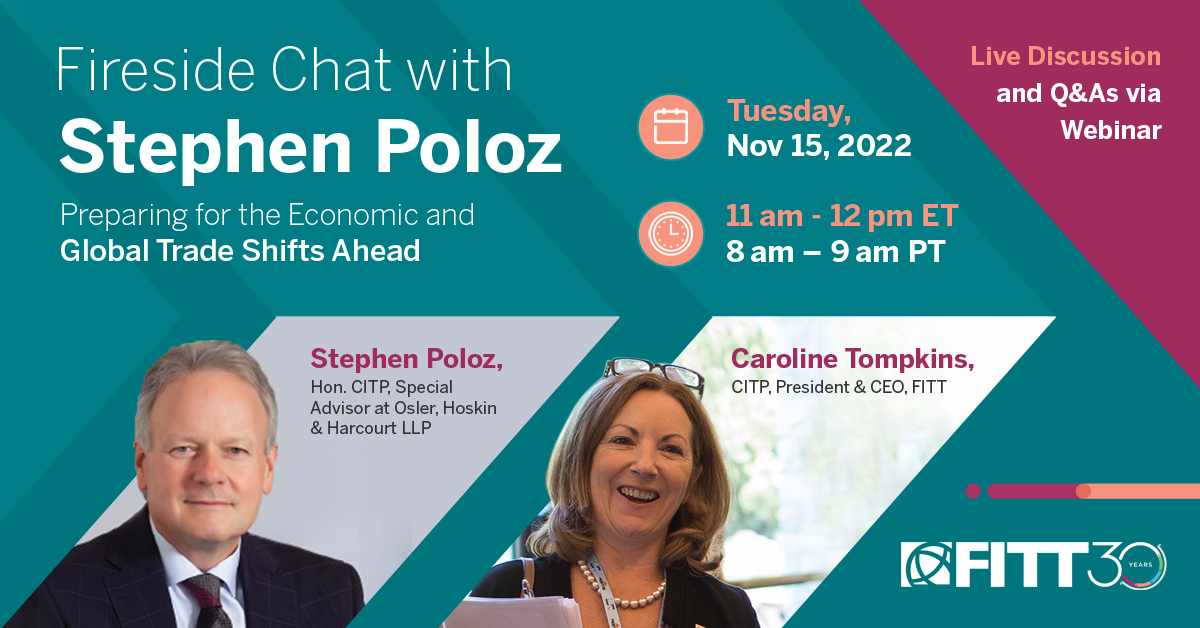
The debate over whether increased levels of international trade can lead to fewer world conflicts has been raging in political science and economics circles for years now.
In 2009, the Asian Development Bank (ADB) found that open trade and interconnectedness significantly promoted peace, and helped neighbouring nations to avoid conflict.
However, ADB research findings emphasized that global trade and interdependence had more of an impact on creating peace by lessening the likelihood of military conflict between nations located at a distance from each other, than for nations sharing common borders.
Keeping fragile states peaceful
Last week, a leading think tank in Washington – the Brookings Institution, with members of the World Bank – weighed in on one aspect of this debate: Trade can have a substantial impact on whether or not fragile economies will remain peaceful or backslide into conflict.
The findings do not attempt to answer the larger question of whether major trade deals between world powers will lead to fewer military contests. But the study does suggest that so long as international trade to fragile countries continues, and local populations are provided with necessities as a result of this trade, conflict is unlikely to break out.
Fragile states’ are defined as low-income countries that are “unable to meet their population’s expectations or manage changes in expectations and capacity through the political process,” according to the Organisation for Economic Co-Operation and Development.
By 2030, around 90% of those living in extreme poverty will be based in fragile states.
These states are extremely dependent on international trade for food and basic commodities, so it follows that an increase in international trade would lead to more food and necessities. Conversely, fragile states are overwhelmingly dependent on natural resources – such as oil, gas, and mineral commodities – as their primary exports.
Should the prices of these exported commodities rise by as much as 10% on the global market, the likelihood of an increase of conflict in these areas ranges between 2.2% and 2.5%.
The fight for natural resources
The World Bank explains this relationship by citing the “rapacity effect”, which acknowledges that violence is possible, and likely, in cases where individuals or groups attempt to appropriate ownership of natural resources.
Case studies of oil price increases in Democratic Republic of Congo, Colombia, and elsewhere in sub-Saharan Africa support this theory.
However, when global trade causes local incomes to rise, the likelihood of conflict has been found to decrease. Yet, because most fragile states depend heavily on natural resources and commodities for the bulk of their GDP, these countries are also much more susceptible to wild changes in commodity and resources prices – which means that they are also much more vulnerable to conflict than countries with more diversified economies.
So how can countries falling into this category benefit from the sale of commodities, while still maintaining peace?
Let citizens benefit from trade revenue
According to the World Bank, the first step is in establishing transparency in how much revenue is raised from these industries. International efforts include the Kimberley Process (for diamond sales) and the Extractive Industries Transfer Initiative (EITI) for other commodities-based industries.
Countries can also establish a sovereign wealth fund by which citizens would directly benefit from revenues generated by commodities. The US state of Alaska has an Alaskan Permanent Fund which provides small dividends for Alaskan residents from resource revenues.
In 1990, Norway established what is now referred to as the Government Pension Fund Global. All surplus in the national economy is invested in the fund, which will be used to meet demands in public pension expenditures – for education, roads, and so forth – once Norwegian oil production declines.
For resource-rich countries forced to contend with rebel groups, the World Bank recommends that profits from resource extraction be used to mollify militant groups, as Nigeria did to quell resistance to the government in the Niger Delta.
Promoting trade with immediate neighbors and having more stable countries invest in a global program to shield fragile states from pricing shocks [of commodities], the World Bank found, may also lower the likelihood of conflict.
Do you agree that as we get more involved in trading internationally we can also be encouraging world peace?








disqus comments